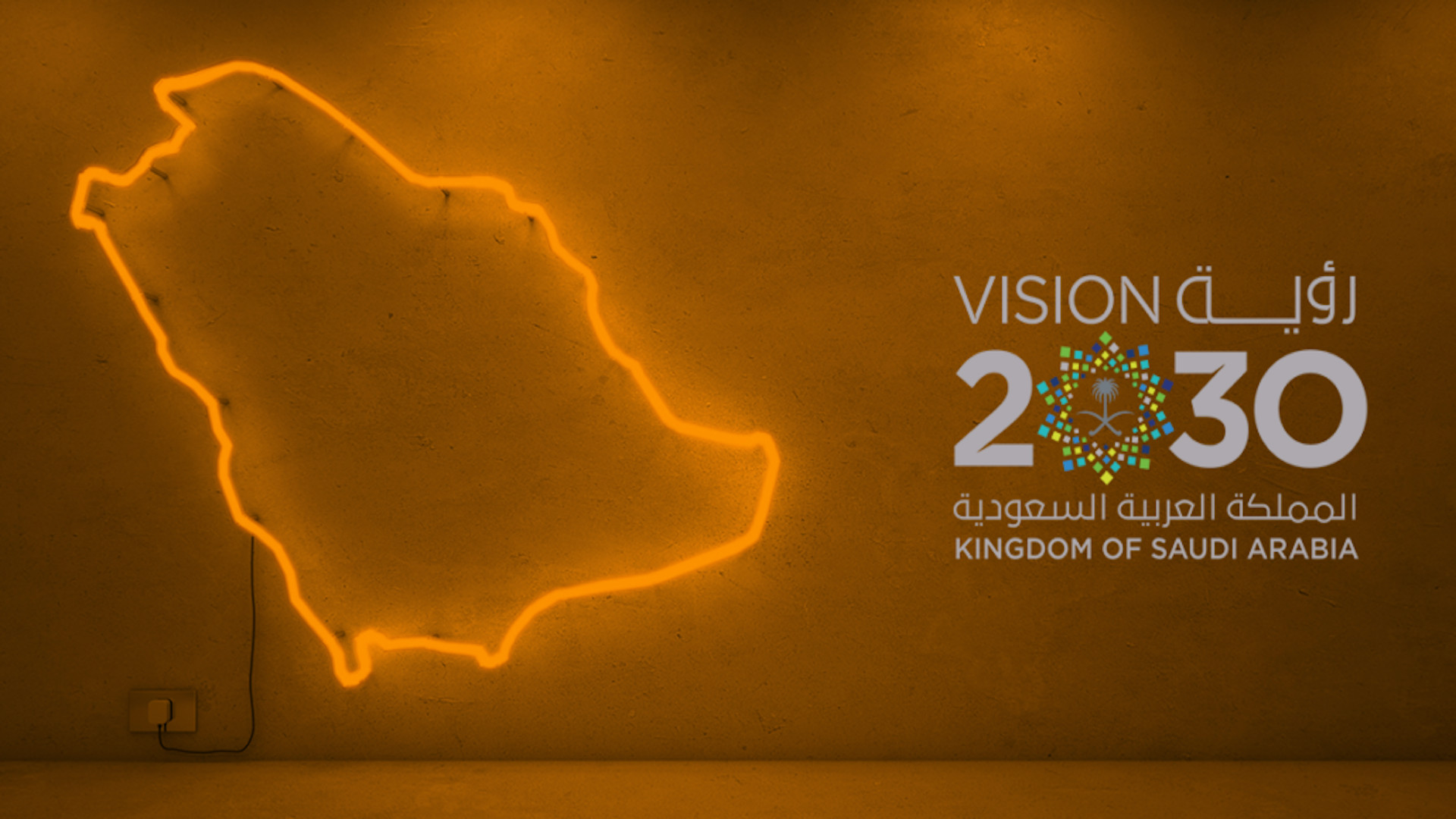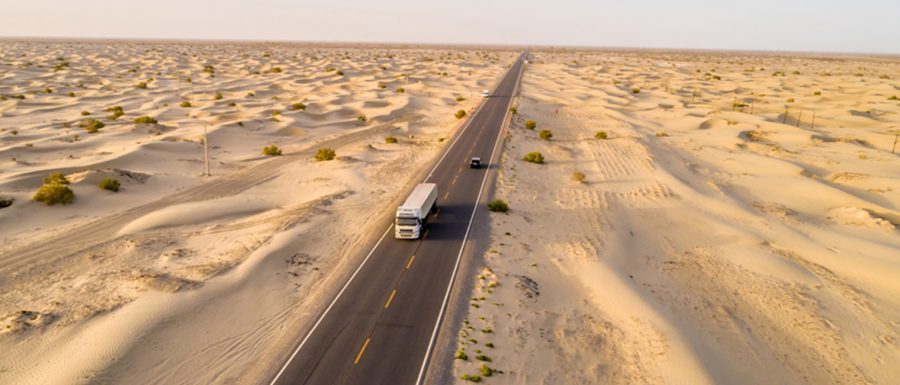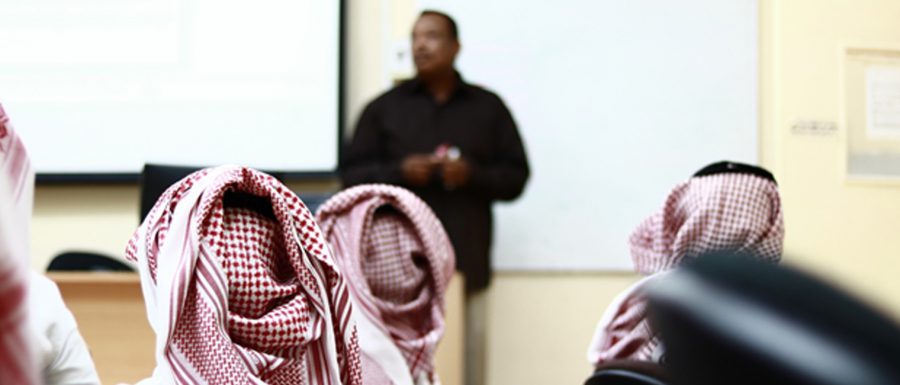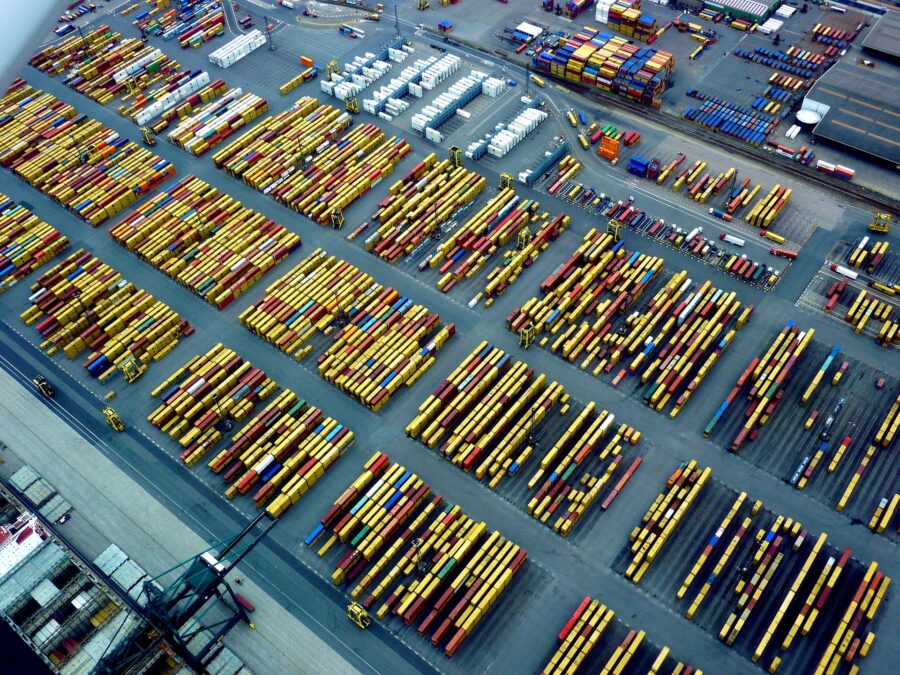Summary
With a new plan to recreate its identity and economic profitability over the next decade under Vision 2030, the Kingdom of Saudi Arabia is charting a new phase in its development.
The Vision 2030 goals focus on diversifying the Saudi economy away from oil to develop other sectors like tourism, hospitality, health care, agriculture, education, retail and wholesale trade. For the fulfillment of this goal, the country is undertaking large-scale construction projects at the Red Sea, Neom, Qiddiya, and AlUla, along with others across the country.
These projects require extensive support to streamline the movement of construction goods and services. Set for completion over the next decade, these projects are also creating opportunities for other expanding businesses that relate to and support these industries.
The government is heavily investing in strategic infrastructure to further strengthen its advantageous geographical position on trade routes across Africa, Asia, and Europe. To make the most of this environment fostering growth in the country, the importance of using the correct logistics and transportation methodologies becomes vital for businesses that are looking to scale and grow.
Index
- Saudi Arabia – Regional Logistics Hub
- Opportunities for Businesses to Grow under Sectors of the Economy
- KSA Logistics and Transportation Framework
- A growing need for Niche Logistics
- 3PL Logistics and Transport Networks
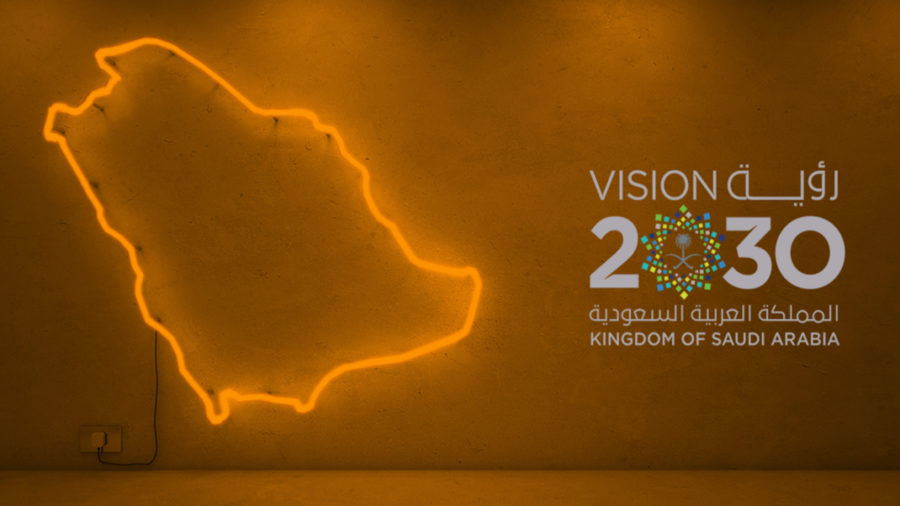

Saudi Arabia is positioned at the crossroads of international trade routes, between the continents of Asia, Europe, and Africa. Saudi Vision 2030 aims to maximize the benefits of the country’s exceptional and strategic geographical position by building a unique transport and logistics hub in the region.
As a roadmap for that ideal, the kingdom has phased in multiple ambitious projects driven by public-private-led partnerships for completion between now and 2030. These projects are also driving nation-wide social and economic developments that are aimed at carrying the country through the next decade, helping it to modernize, diversify and globalize its economy.
Saudi Arabia – Regional Logistics Hub
Saudi Arabia occupies a unique geographical position when it comes to logistics and trade. This strategic position gives it an advantage when distributing goods from Asia, Africa, and Europe throughout the region. The Saudi Arabia logistics market:
- accounts for 55% of the total GCC logistics market
- is ranked third-most attractive with emerging markets
Holding the largest regional share in the logistics market, the country’s role as a freight-forwarding leader is expected to increase in the future, giving businesses within the kingdom and the broader region more opportunities to diversify and expand.
Equally, with the largest maritime network in the Middle East, one of the most extensive road networks in the world, and a new state-of-the-art industrial city hub system, the country is poised to facilitate multiple industries across the whole region.
Throughout the region, there is a boom in the movement of goods. People and services are coming in from outside Saudi Arabia to work on projects within the country. To facilitate this, the expanding logistics and transportation network within the country is being rapidly developed.
Opportunities for Businesses to Grow under Sectors of the Economy
Some of the projects under Vision 2030 that are heavily dependent on the country’s expanding logistics and transportation network include:
Construction
Of all the areas of business making up the country’s economy, the one with the largest growth under the Vision 2030 plan is construction. These businesses, which are involved in the development of some 5,000 projects estimated at a value of USD 1 trillion, are using the logistics and transportation network within the country to manage efficient warehousing and supply chains in order to keep timelines on track.
Megaprojects like Neom supercity, Qiddiya, UNESCO World Heritage site of AlUla, Red Sea Project, Amaala, Makkah Grand Mosque expansion, Jeddah Tower, Widyan, and Jabal Omar, among others are driving new innovations in the logistics and transportation industry to ensure the efficient and timely movement of goods.
Large infrastructure projects like:
- King Salman International Complex
- King Abdulaziz International Airport
- Haramain High-Speed Railway
- King Abdullah Port
- Riyadh Metro
are also being expanded to serve as important economic multipliers for the region.
To support the construction of these megaprojects, there is an increased demand for qualified logistics and warehousing solutions. This means that there are additional, supporting opportunities for people streamlining processes within telecommunications and IT to further strengthen supply chains.
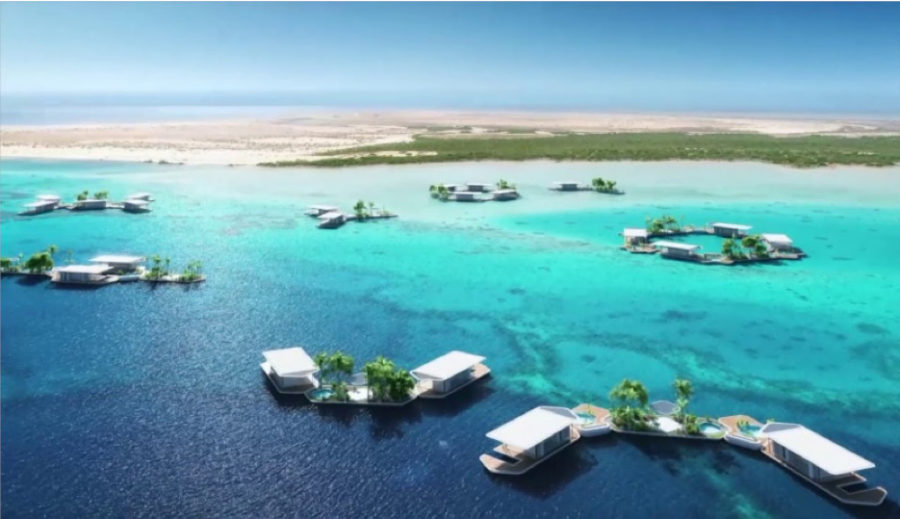

Tourism, Hospitality, and Leisure
For businesses that are looking to expand to meet opportunities offered by Vision 2030, another industry that is booming is tourism and hospitality.
There are many business options being created for secure communication and coordination between tourist destinations – how to get goods and people there, and what entertainment, leisure, and retail options to offer. This is a niche area where established 3PLs and 4PLs are coming in to fill the gap.
With established routes, digital tech, and security networks already in place, they are facilitating access for new businesses in these areas. The increased coordination between projects relating to tourism and hospitality is also highlighting the importance of efficient network management and collaborated command centers.
- Coordination between projects: Projects like those at the Red Sea, with 14 luxury hotels across five islands, two inland resorts, a yacht marina, and leisure and lifestyle facilities, require an increased need for logistics and utility infrastructure.
This is one project under development in a country with many others. The same requirements for logistics support and communication hold for the other mega projects currently underway in the country. - Religious tourism: Under Vision 2030, there are plans to increase the number of Muslims making the pilgrimage to Mecca to 30 million a year. This means that multiple small-to-medium businesses will need to facilitate the accommodations, security, and safe movement of such large numbers of people between cities.
- Healthier lifestyles: With Vision 2030 directing people within the country to more sustainable, healthier lifestyle options, there will be an increase in demand for sports facilities, goods, state-of-the-art equipment, healthy food options, athleisure retail, and leisure venues. All these niche products have specific supply chains and management methodologies.
- Cinemas and galleries: With more museums, art galleries, and libraries slated to open in line with the Vision 2030 goals, the country will have to communicate more clearly with regional and international partners.
In this regard, one of the biggest sectors to benefit from this growth in the kingdom is cinema. The industry is starting in the country from scratch and will offer multiple avenues – from national distribution of films, to related merchandising, etc., for development. This will offer unique opportunities for theatre owners and technology suppliers.
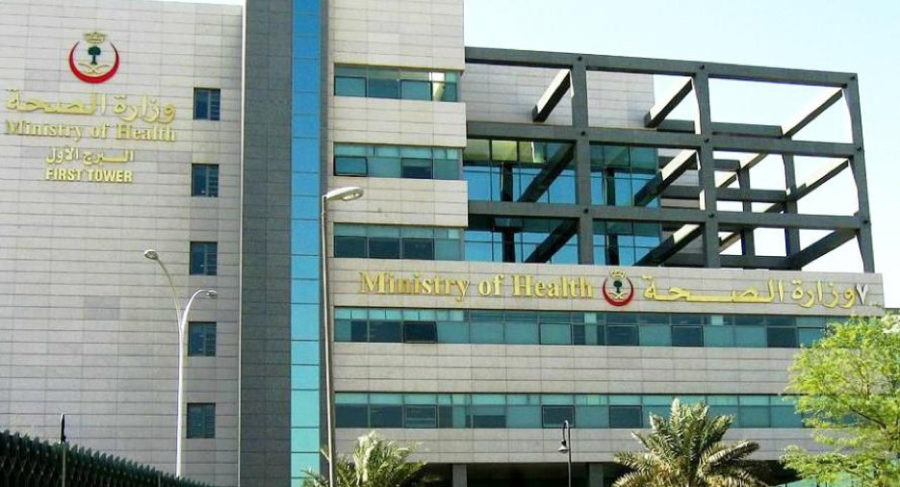

Hospitals and Healthcare
The healthcare industry is also seeing a boom with the construction and completion of 35 new hospitals in the country, which will eventually serve at a capacity of 8,850 beds.
- There are seven private hospitals planned in Riyadh.
- King Fahd Medical City requires the expansion of a 1,395-bed medical campus by 231 units, as well as the development of cancer centers, a neuroscience institute, a cardiovascular hub, a six-floor laboratory and office building, and a central energy plant.
- King Abdullah Bin Abdulaziz Medical Complexes include building and stocking a medical city each in Riyadh and Jeddah.
- The Riyadh Security Forces Medical City includes three hospital buildings, an academic and clinical center, research areas, plus specialist hospitals for mental health, and a gynecology and obstetrics hospital.
- Construction work is also underway at the Jeddah Security Forces Medical City, which will feature 1,864 beds, and includes similar health facilities as its Riyadh counterpart.
These hospitals will need highly specialized, expensive equipment, as well as continued supplies to keep them running efficiently. Local, regional, and international producers and equipment suppliers will find multiple opportunities to grow in this sector.
Education
Education is also a key area that the country is aiming to develop under Vision 2030. To keep pace with this ambitious growth, the government has earmarked a huge budget for education, offering private-sector involvement with a target of increasing the percentage of students in non-government higher education from 6% up to 15% through foreign direct investments.
Saudi Arabia aims to have at least five Saudi universities among the top 200 universities in international rankings by 2030. This means that there will need to be an investment in:
- Qualified academics and educationalists
- Curriculum advisors and implementors
- Teachers
- Learning support
- Educational equipment
- Digital technology
Supplying area specialists, along with the correct equipment, will require the deployment of specific methodologies and supply chains.
Opportunities for SMEs to support public-private partnerships
This 2030-related spur in economic activity is driving huge opportunities for SMEs. The government is providing administrative, technical, financial, marketing, and human resource support across many sectors.
However, for SMEs to take advantage of this business-friendly environment, they need to:
- Understand import-export rules, duties, and regulations
- Navigate logistics ports across the country
- Familiarize themselves with laws regulating movement
- Quickly remove logistical obstacles
- Streamline supply chains, warehousing, and inventories
- Facilitate quick resolutions of finances
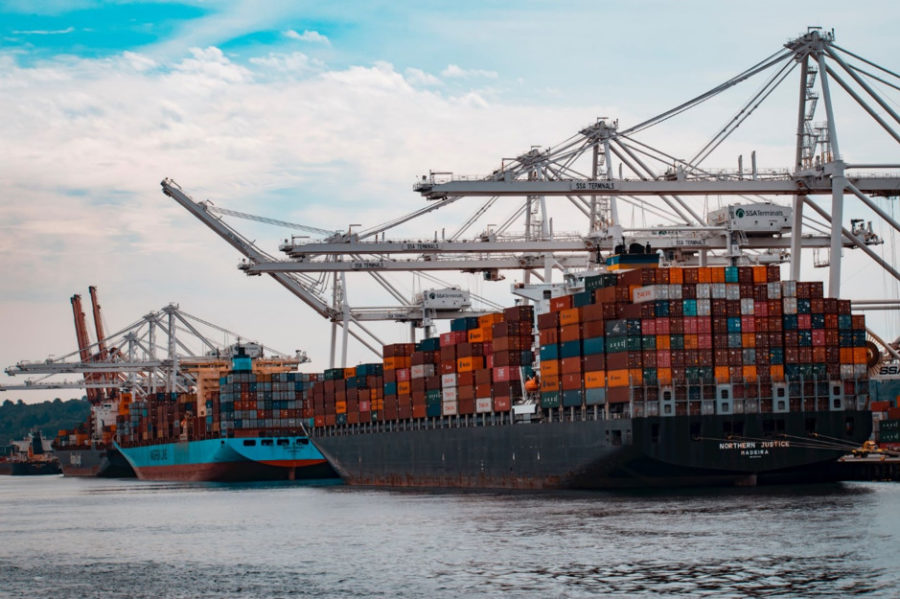

KSA Logistics and Transportation Framework
To lead the country into the future under Vision 2030, the government is already heavily investing in the construction of transportation and infrastructure. These include ports, railways, roads, and airports, which are facilitating the movement of goods not just across the world, but also within the country.
The current KSA logistics and transportation infrastructure includes:
- 6 container ports
- 27 airports (5 new airports, plus extensions to Jeddah, Riyadh, and 17 others)
- Capacity to move 99 million air passengers (2019)
- Capacity to move 1.2 million tons air cargo (2015)
- 1,500 km of new railways
- Capacity to move 240 million tons of cargo by seaports (2017)
The logistics market out of Saudi Arabia was estimated at USD 25 billion at the end of 2019. Saudi Vision 2030 looks towards increased private-sector participation, creating multiple opportunities for businesses over the next decade.
This is driving a productivity-led economic transformation that seeks to double the kingdom’s GDP and create as many as 6 million new jobs by 2030.
- As of January 2019, the government announced that it was raising USD 36 billion for logistics infrastructure to develop Saudi Arabia into a gateway for African, Asian, and European trade supply chains. For businesses looking at new markets on these continents, there are huge opportunities for growth.
- The government is also keen to encourage private entities to collaborate as they develop the country’s transport infrastructure. A partnership is being sought for the operation of seaports, airports, and their related supply chains. Public-private partnerships are being pursued to fund several key schemes, while a number of the country’s publicly operated transportation facilities are being prepared for full privatization.
- Technology is improving the security, transparency, and control over the import-export processes in the country. Logistics companies operating at ports are tracking the progress of shipments in real-time, making the process even faster and more efficient.


The growing need for Niche Logistics
Freight forwarding
As of this year, the market for freight forwarding in the country is estimated at USD 19 billion. As Saudi Arabia continues to open under Vision 2030, the expanding expatriate population, fluctuating fuel prices, rising industrialization, and the advancement of the e-commerce industry are relying more heavily on the freight forwarding arm of the logistics sector. Freight forwarding by sea is the most popular means of transport, accounting for USD 7 billion.
Cold Chain
The requirement for cold chain management within the country has significantly increased. This is because businesses are using cold chain logistics to meet the shift in lifestyle and dietary requirements in a more urbanized, aware, and opinionated population.
This increase in demand is also driven by a surge in the health sector, due to more active participation by the pharmaceutical industry, as well as the agriculture sector, where there is more demand for fresh/processed fruits, vegetables, meat, and dairy.
Warehousing
As with freight forwarding and cold chain management, growing businesses are causing a surge in warehousing. This is because of more manufacturing activity, burgeoning international trade, rising domestic consumption, and the easing of government regulations.
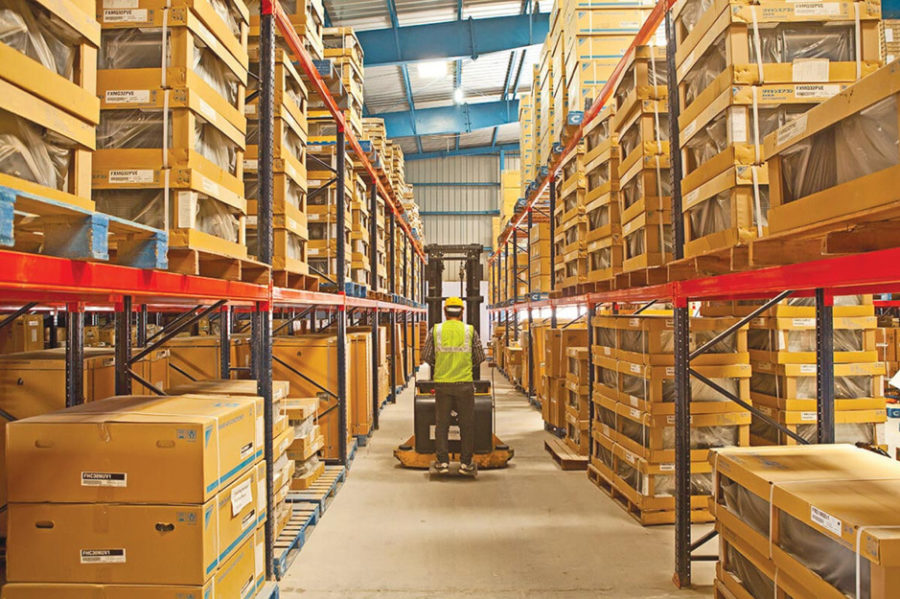

3PL Logistics and Transport Networks
As trade relations between Saudi Arabia and other countries are improving, there is a rising demand for 3PL logistics. New businesses are showing interest in KSA export and import values on account of the need for better supply-chain management services. Rather than expanding individual business abilities, entrepreneurs are turning towards 3PLs and 4PLs for better access and ease of movement.
Geographical advantages
As mentioned, the country’s strategic location puts it at proximity from a vast array of global consumers:
- European markets are under 7-hours’ flight time
- Asian markets are a 4-hour plane journey
- Half the world’s population lives within a 5-hour flight from Saudi Arabia
This connects businesses within the country to regional markets consisting of more than 3.5 billion potential customers over three continents.
KSA’s central location also provides it with a cost advantage in the Arabian Peninsula, North Africa, and East Africa. Cost distribution advantages of more than 10% exist for Greater Arab Free Trade countries (GAFTA) and to nations within the Arabian Peninsula, enabling favorable conditions for the movement of goods between the regions.
Robust transport infrastructure
Saudi Arabia has a wide transport network with niche strength in maritime transport, air transport, and road transportation. This means that the existing infrastructure is more than capable of supporting businesses that are looking to scale and grow.
- Maritime transport: Saudi Arabia’s maritime has a handling capacity of approximately 8 million twenty-foot equivalent containers per year and can receive 11,000 ships annually. The network consists of 10 primary harbors for non-oil trade, 200 piers, 216 berths, and 6 leading container ports located along a critical intersection of the East-West shipping routes.
More than 270 million tons of cargo move through the Saudi maritime network on a yearly basis. The country’s ports dominate the regional transit market, handling more than 90% of Red Sea trade transits and 30% of the East African trade transits. These routes offer Saudi businesses a chance to access more markets and grow in profitability. - Air transport: Saudi Arabia’s aviation infrastructure is comprised of 6 international, 9 regional, and 12 domestic airports. Three of its airports are amongst the busiest in the GCC, transporting the bulk of the 99 million passengers who pass through the kingdom on a yearly basis. KSA also connects to 81 airports in 45 countries, allowing for more than 1.2 million tons of cargo to be shuttled around the globe.
- Road transport: The kingdom has one of the largest road networks in the world covering more than 200,000 km of roads, including 66,000 km of roadways connecting major cities and providing access to railways, ports, and airports. This vast and growing ground network benefits from 5,000 km of highways and 6,000 km of bridges, providing extensive means to transport passengers and goods in and around the kingdom.
Saudi Arabia has an established and well-equipped logistics infrastructure that is in the process of further modernization and adaptation to meet the requirements of a rapidly expanding market.
Logistics companies are benefitting businesses by using this infrastructure to:
- Expedite trade
- Improve transportation
- Curtail waiting times
Economic growth, population maturation, and rapid urbanization are catalyzing the massive expansion of transportation networks. The government is working to meet this through the introduction of urban transport systems, such as metros and buses, and inter-urban networks, including freight and high-speed railways, to further help businesses capitalize on untapped potential.
The Saudi Vision 2030 offers multiple opportunities for public-private partnerships to increase productivity, enhance long-term growth and generate higher revenues. The opportunities for businesses, however, will depend on the willingness, ability, and speed with which the private sector can pivot and mobilize themselves to take advantage of new, high-growth sectors of the economy.
For more information on how SBT can help your business grow through efficient logistics support and supply-chain methodologies, get in touch with us here.

